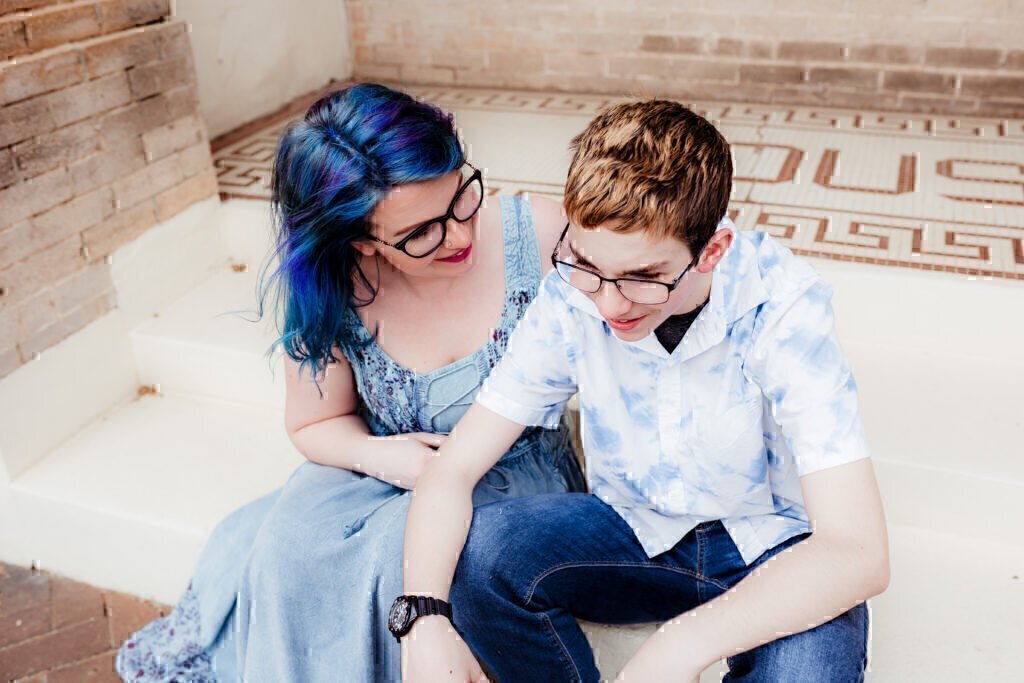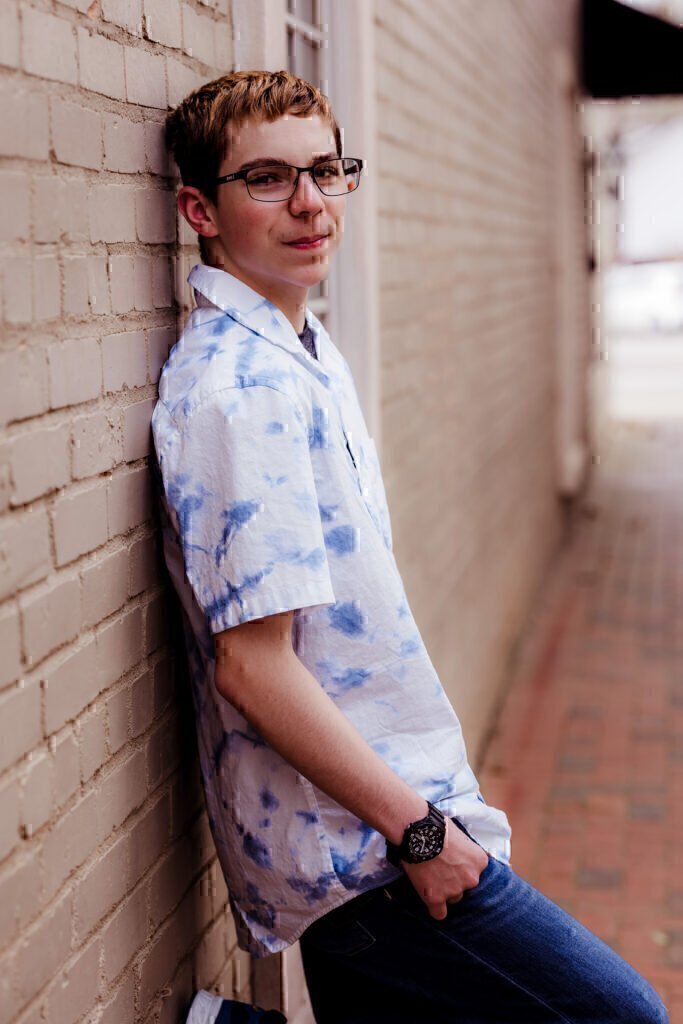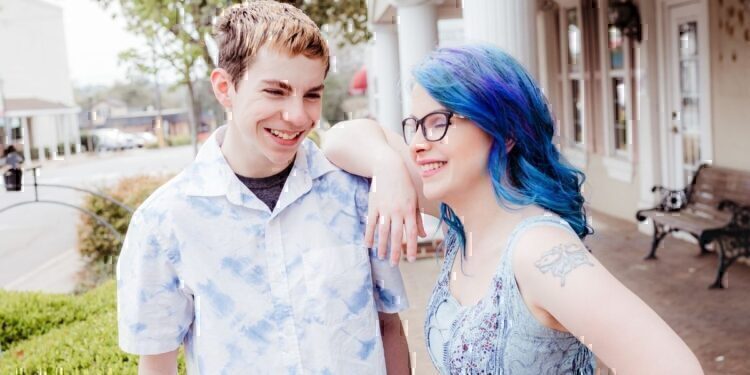Military children are some of the strongest, most resilient people on this planet. Every April, we pay homage to military children and their strength, bravery, and sacrifice. Many of these children also face another unique circumstance – autism. Not only is April the Month of the Military Child, it is also Autism Awareness month. My son, a military child who has autism, shows me everyday what it means to forge boldly forward despite having a condition meant to limit him.
Gavin, my oldest son, is 15 years old. Three years ago, he received a diagnosis of Attention Deficit Hyperactivity Disorder (ADHD) and Aspergers Syndrome.
Before this diagnosis, we struggled bitterly to understand his behavior. We never understood why he melted down when his meal wasn’t what he expected. We wondered why he had trouble understanding that there were several stops to make on the way to the store. We stood mystified by his inability to focus, which ultimately meant that school was that much more difficult for him.
Here is the thing. My son is the epitome of the word “brilliant.”
Speaking with Gavin is like talking to an adult. I can have an engaging conversation with him about many subjects. These conversations would rival debating with an academic with credentials. So you can imagine why I never understood why he was having trouble in school.
Adapting to the slightest change in his routine was always hard. Honestly, much of the upheaval Gavin experienced resulted from his father’s military service.
It goes without saying that asking him to grow up in and adapt to military life has been challenging. It’s been like throwing him into a rushing river and telling him to swim against the current (swimming lessons not included).
For years, Gavin struggled with a multitude of issues. Behavioral, sensory, and academic issues related to his conditions presented themselves as problematic. These issues led to teachers labeling him a “problem child” and military doctors dismissed my own concerns as him “just being a boy.”

The struggles he faces haven’t ended with the diagnosis. But the diagnosis has helped us understand him, and get him the help he needs to adapt to the world around him.
When it comes to military life, Gavin has had to face the same challenges as his “neurotypical” peers head on.
He deals with frequent moves. He navigates deployments. He began again at new schools (and, subsequently, changing IEPs and other educational structures). He faces the challenge of leaving behind (and making) new friends. These events have wreaked havoc on his senses, emotions, and mental stability.
Military life is a hard ask for any child, let alone a “neurodivergent” one. Yet, over the years, Gavin has shown remarkable improvement in how he copes with his circumstances. Time and time again, he rises to the task of accepting change when he craves structure. I’m beyond proud that he wears a brave face while doing so.
Therapy has taught him how to recognize social and emotional cues. This has resulted in him doing better in school and being much more helpful around the house. Gavin has also developed coping skills that he uses when things get hard, like during a PCS or when his dad deploys.
Gavin once told me his three main coping skills are “recreation, relaxation, and resting.” However, my personal favorite of his coping skills is his witty sense of humor. The last time his dad left, the first thing he said after we got home from the squadron drop off point was, “Well, Dad’s gone. Does this mean I have to mow the lawn and pick up dog poop again?”

I laughed so hard I cried before answering, “Yes, kiddo. We all have to do our part.”
He gave me his famous side smile and said, “Okay Mom, but only if we can have a movie night tonight.” Movie nights have always been his favorite, so it was an easy deal to make.
My son has managed to find his way in a life that is contrary to the structure and routine that he craves. He has faced – and overcome – the insurmountable odds that were against him time and again.
Whether starting a new school, PCSing, or dealing with deployment, his resilience rivals that of many adults, myself included. What I have learned about strength, courage, adaptability, resilience, and sacrifice, I have learned from Gavin. He shows me what it means to live life in a constant state of rigid flexibility. In him, I see trying to find a way to fit in and be “at home,” while also being ready to uproot again at any moment.
Perhaps the most important lesson of all that he has taught me is this. He is not limited by his neurodivergence – he is fueled by it. To him, it’s another obstacle he can overcome, and he utilizes his “superpowers” in ways that amaze me. I hope he knows how much he has taught me about strength – and how proud I am of the young man that he has become.
Photo Credit: Kandace Richardson Photography




